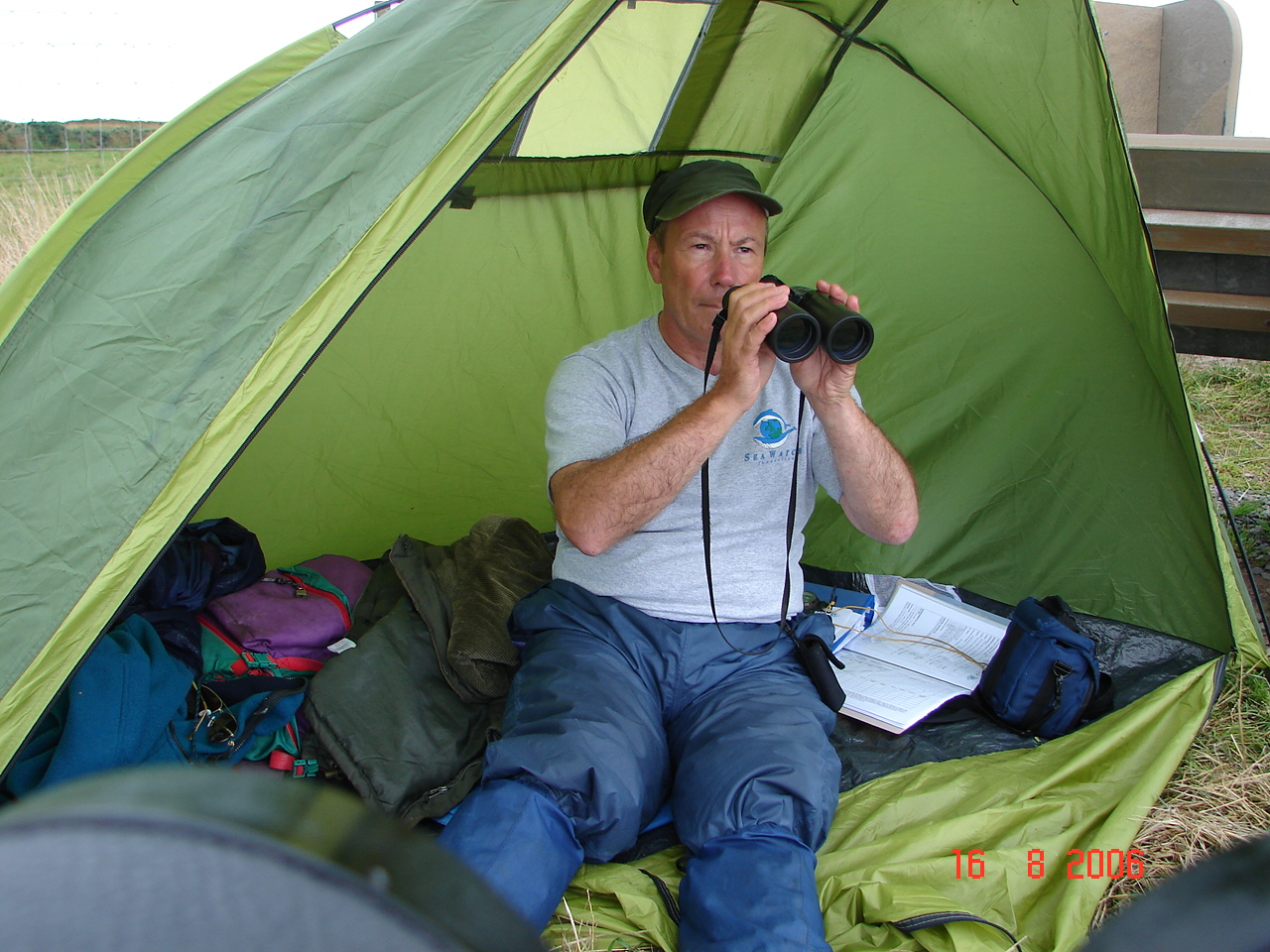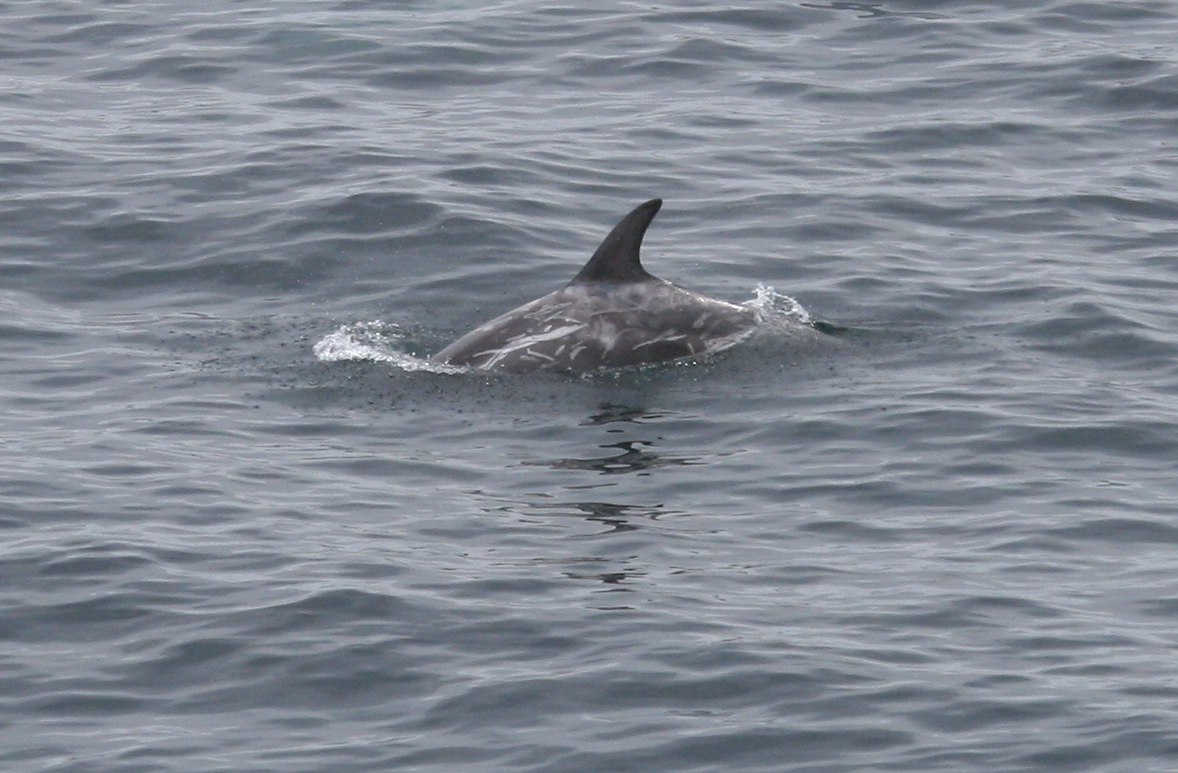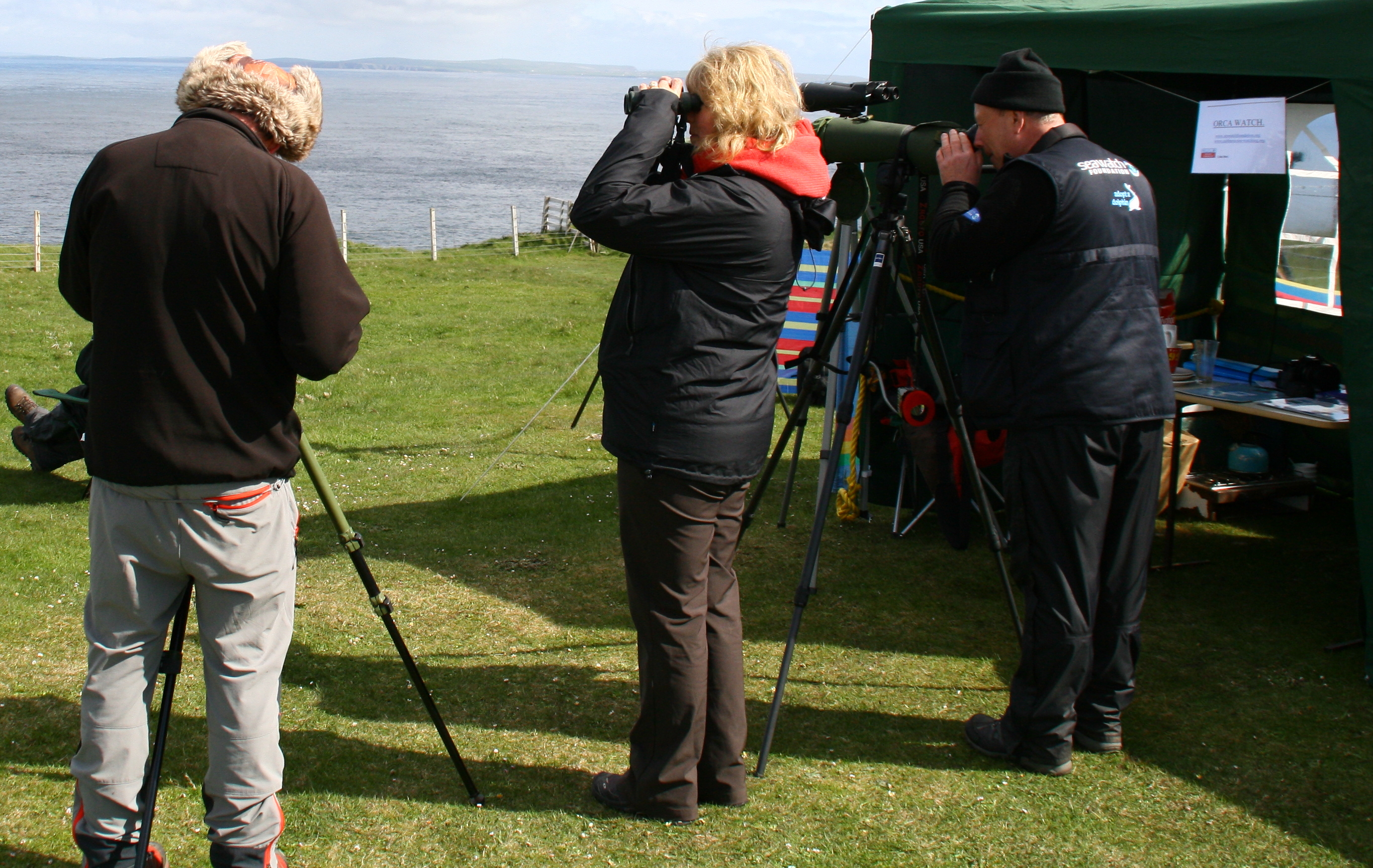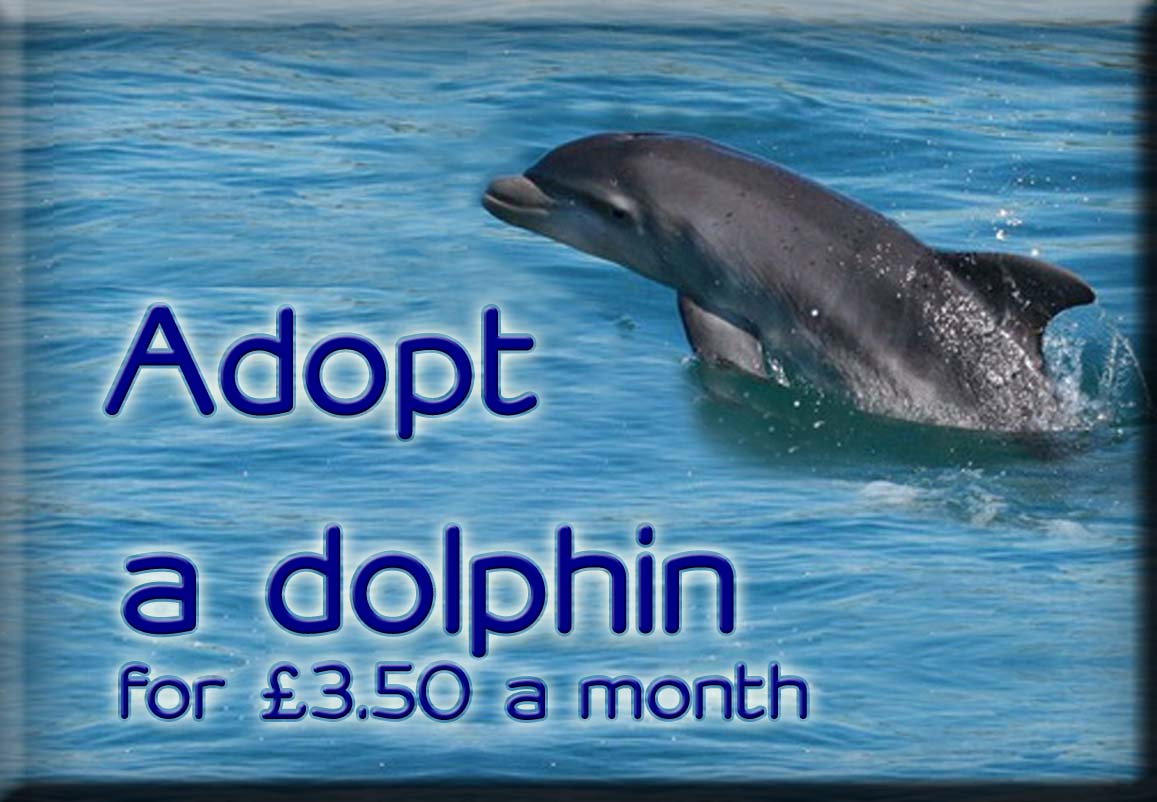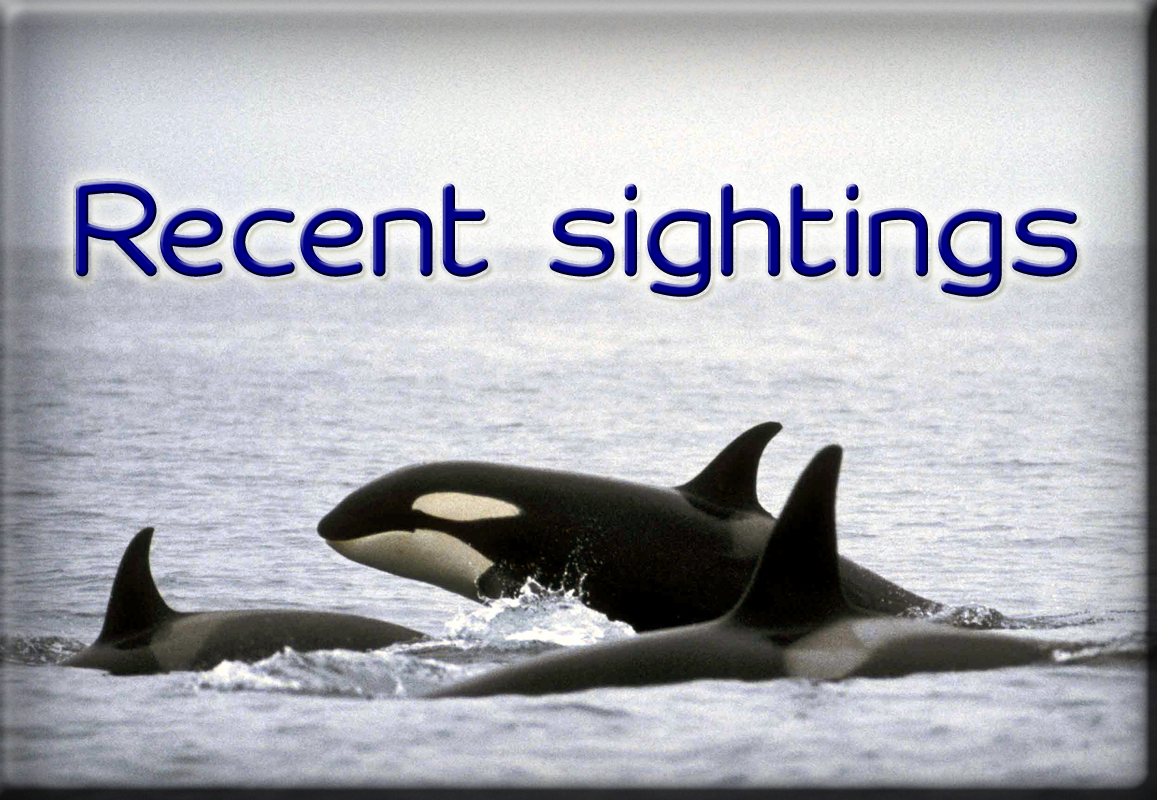It is with sadness that Sea Watch said goodbye to Regional Coordinator for North-East Scotland, Colin Bird, as he retired from his role at the end of 2014. We asked Colin to say a few words to share with you about his time sea-watching, which we’re pleased to share with you now…
“I’ve spent many fantastic years sea watching and met some great and dedicated people during this time.
Many people always ask what was your best sighting?
I have always found this to be difficult question to answer.
I spent many years watching harbour porpoise interaction off Lybster and learned a lot about the way small family groups behave. I have watched the same group go through the cycle of having a calf through to juvenile and then a new calf. I’ve watched the male chase off interlopers by splashing his tail and surging through the water after the interloper.
My first humpback off the East Coast of Caithness was quite something, that was back in the days when it was a theory that they spent the Winter in the North sea.
I was also lucky in seeing something very rarely seen in UK waters and at the time was just the 3rd reported sighting, that was when a small group of Female Orca attacked and killed 2 other cetacean off the East coast of Caithness near Lybster.
My first Risso’s dolphin sighting off the coast of Lybster was certainly a high in my sea watching. This sighting was very controversial and I was informed that I must be mistaken because they were very rare in the North Sea let alone in the Moray Firth.
Being confident in what I saw I decided that all good sea watchers need a camera, so went out and got one. The following year I saw a group of Risso’s and got that all important picture and sent in it with my sightings report and have been photographing Risso’s every year since, mainly due to the Risso’s high degree of curiosity that will bring them close if they see you standing on the cliff tops. These pictures were then sent off to be matched against the Rissos’ ID catalogue.
About 5 years ago plans were being made to install under water turbines in the Pentland Firth. I quickly realised that we knew very little about the movement of cetaceans through the Pentland Firth. So started keeping records and set up a local web site called Caithness Sea Watching so I could get local people engaged with their own area web site, this worked and I started getting sightings from far and wide. Maygen and the local Council all took notice. I went to a few meetings with Maygen the company that were involved with the project and pointed out that the area they were placing the turbines was an area where harbour porpoise gathered in large numbers, Orca came each year to feed on Seals and it was a salmon route to the East coast.
At this point I decided to set up the Orca watch at Duncansby head so information could be gathered about the movement of cetaceans through the Pentland Firth. My self and Karen Munro had already got some ID pictures of Orca and through the support of Andy Foote we were able to identify some of the pods moving through the Firth. A surprise event even surprised Andy when a pod of Orca chased down a pod of White-beaked Dolphins and made a kill. The Orca watch supported by the Sea Watch Foundation is now an annual event that takes place in late May at Duncansby Head.
It was last year that I got a call from Anna Jemmett asking if she could help out at the Orca watch. Anna sent me her qualifications and straight away I realised she would be a great asset and would be able to do the ferry crossing survey for me. I soon realised after doing several watches with Anna that she had something I did not have and that was youth and that for the future was important.
So when I decided that I had done all I can as a Regional Coordinator and it was time to pass on the baton to someone younger Anna came to mind.
The future of conservation really needs us to concentrate on the younger generation and that means we need people that can relate to the young and that can only be achieved by younger people such as my replacement Anna Jemmett. Anna has all the qualifications and the ability to carry on the work I started up here in the far North and when and where I can I will give her my full support. I’m not yet too old to sea watch and will still be out there looking for that great sighting. I would also like to thank all those people who helped me over the years and I hope they will continue to help Anna in the same way in the coming years.”
Sea Watch are incredibly grateful to Colin for all that he has done for our organisation and for his huge contribution to the study of UK cetaceans. We’re thrilled to welcome Anna into the fold and we hope to keep on hearing lots from both of them over the months and years ahead.
Thank you Colin & Anna!!

